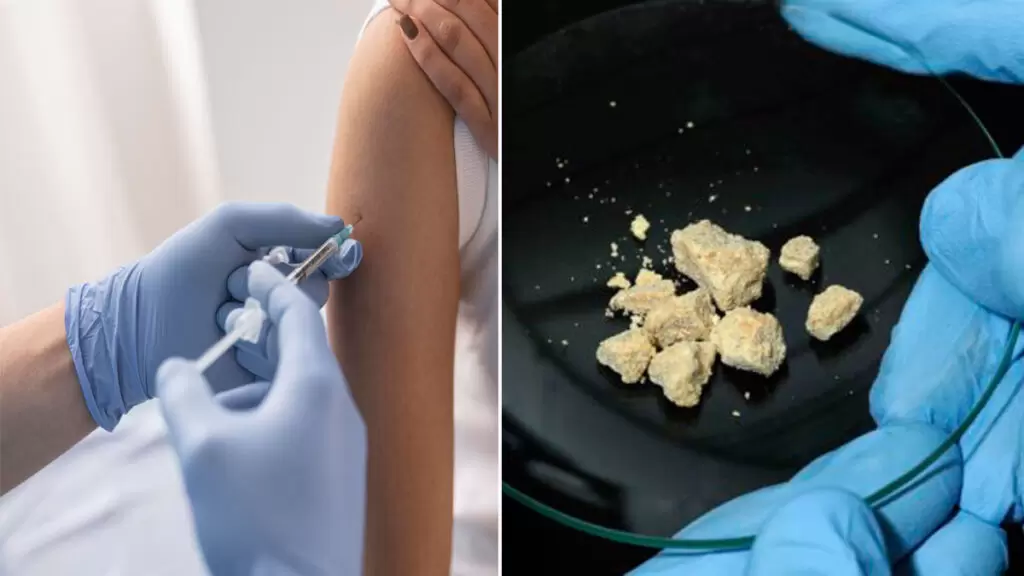By Vitor Marcolin
Researchers from the Federal University of Minas Gerais (UFMG) have developed a vaccine against crack and cocaine addiction that was nominated for the Euro Award due to its importance in the fight against drug addiction.
This award recognizes the innovation potential of Latin American professionals working in medicine.
The Brazilian vaccine was baptized “Calixcoca” and has already proven its safety and efficacy in pre-clinical tests.
Now, the drug is waiting for funding for human trials.

HOW THE VACCINE WORKS
Calixcoca was developed to act on the immune system of chemical dependents, inducing the production of antibodies that bind to cocaine in the bloodstream.
This chemical bond transforms the drug into a large molecule unable to pass through the blood-brain barrier.
The goal of the vaccine is to block the absorption of cocaine and its derivatives, such as crack.
Frederico Garcia, a researcher at the Mental Health Department of the School of Medicine (FM-UFMG), said, “This is a prevalent, vulnerable problem for which there is no specific treatment.”
“Our pre-clinical studies prove the safety and efficacy of the vaccine in its application.”
“Our vaccine gives patients suffering from chemical dependency the possibility of returning to social life to realize their dreams”.
PURPOSE OF THE VACCINE
According to Garcia, the goal of Calixcoca, a drug that began to be developed in 2015, is to prevent addiction “relapse” in patients under treatment, “allowing them more time to rebuild their lives away from drugs.”
So far, the medical project has been entirely funded by public funds.
Initially, the scientists tested the substance in pregnant rats, and, according to the results, the vaccine prevented cocaine and crack from reaching the placenta or the fetus of the mammals.
Calixcoca’s patent has already been applied for by UFMG’s Coordination of Technological Transfer and Innovation (CTIT).
With information from Revista Oeste
News Brazil, English news Brazil, Brazilian technology

